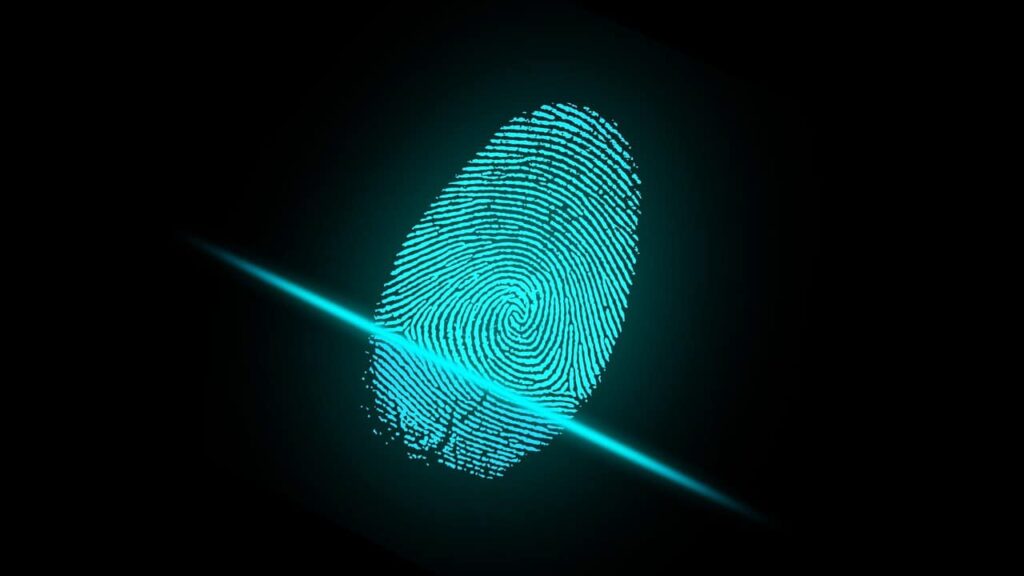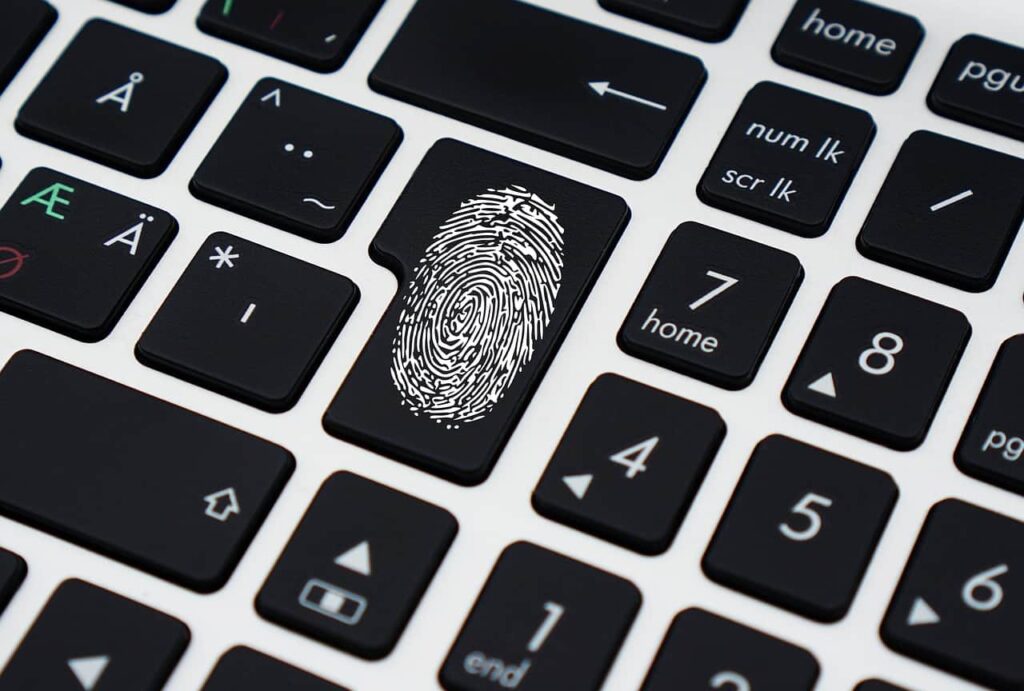
Unless you don’t connect to the internet – which clearly isn’t true – there’s no way to avoid passwords: it’s the most common and widespread way of performing any online activity in a secure environment. That also means that many users will get overwhelmed by the abundance of passwords, associated security questions and protocols that need to be remembered. And this is only for online accounts, too, so unless the all-important notebook in which the passwords are kept is with you or you use the same password everywhere, the need for a password manager arises. Remembering every complex password created for the many online accounts we all have is an impossible mission for the average user.
Even with the two-step verification or two-factor authentication requirement there is no guarantee that the information you unlock is safe from the prying eyes of hackers, thieves or the like, who can use ‘digital signature’ patterns to break into people’s accounts and steal sensitive information or make fraudulent transactions.
Biometrics is a possible solution to combat this problem, which dramatically strengthens the security level of the authentication processes too. Companies adopt biometric identification because, in theory, this type of identification – a fingerprint, face, or voice – ensures a high degree of certainty of a user’s identity. In other words, by using biometrics – in Apple’s case, Touch ID or Face ID – a company can be more certain that the user unlocking their phone is the rightful owner of that specific device. This creates a significantly safer environment and is much easier to use since it doesn’t require memorizing a set of characters.

It’s also worth noting that biometrics are much harder to manipulate than passwords and/or other two-step identification and two-factor authentication processes. But that doesn’t mean they are unbreakable: biometrics just creates a safer environment, and has therefore become the base of a new system which is a safer alternative to passwords.
But here is a problem that users, developers, and engineers of new products continue to struggle with: biometrics are currently limited in availability to digital objects. The issue arises when a user owns multiple devices such as an Android device, a Mac, an iPad, an Apple TV and a Windows computer. The environment and user experience changes with every device. Apple has managed to unify such technology with the introduction of Touch ID across all newer-generation devices except the Apple TV and the Apple Watch, but you don’t have this same functionality across the varied Android or Windows ecosystems.

That changes with the newly announced Face ID, a facial recognition system. Apple limits this experience to only one device, the iPhone X, because that’s the only one that is capable of this feature in terms of its hardware. This breaks the overall user experience and opens the door for innovation in Apple’s other product lines.
As biometrics grow in popularity, apps such as password managers and mobile banking have embraced it. What was previously a tedious job of typing lengthy passwords into the login window has been quickly replaced with a much faster method: authentication via biometrics. 1Password users owning a smartphone equipped with a fingerprint reader, can choose to use their fingerprint authentication instead of the master password.
However, owning a Mac or a Windows computer that does not have a fingerprint scanner means that the good old fashioned use of passwords is back, which the same 1Password app can help with of course.
And finally, a reminder: biometric authentication is also vulnerable to hacking – and not only passwords – but with a significant twist. If your biometric identity is stolen, it equates to your identity being stolen since it cannot be changed or modified because that’s unique to every single person. If a password is stolen it can be changed, but you can’t (easily) change your fingerprints or your face.

As always, use a password manager to create strong and unique passwords to protect your online identity. Password managers will remind you when it’s time to change the password – it’s highly recommended that you change them regularly – adding another layer of security. Biometrics? It’s convenient and fast, but if not guarded safely it, too, can pose just as serious a risk to your personal life and not just your digital life.
Share your thoughts, ask questions, and connect with other users. Your feedback helps our community make better decisions.
©2012-2025 Best Reviews, a clovio brand –
All rights
reserved